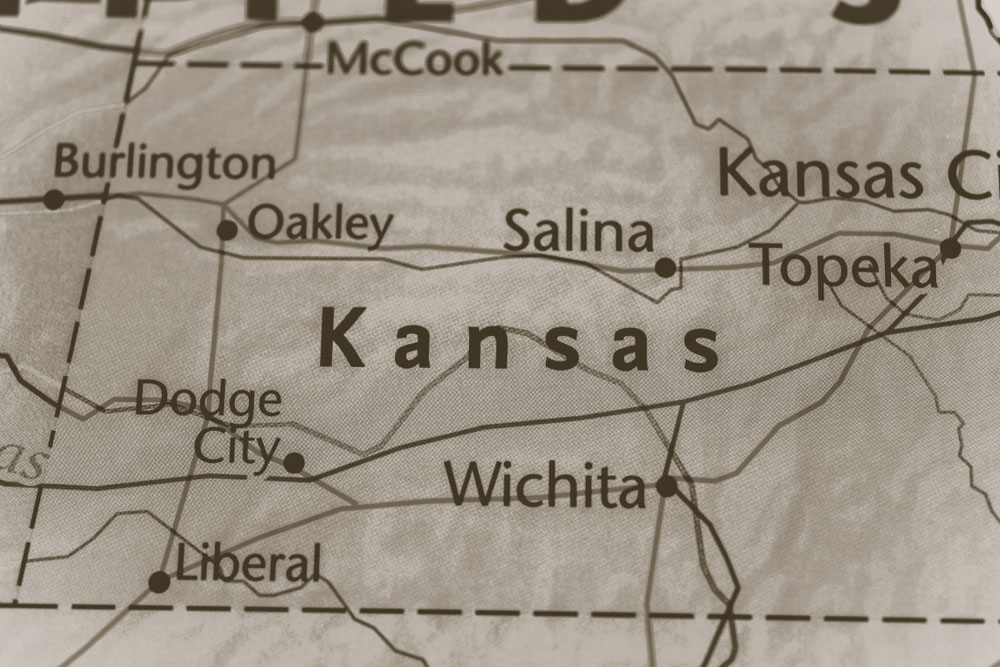Executive Director Katrina Pollet is wary that if preventative measures aren’t taken soon, western Kansas will soon develop as widespread of a problem as Wichita and Kansas City. She stated that over 90 percent of youth who were admitted in the county correctional facility confess to drug use. The Department reported that kids under the age of 10 experiment with marijuana while those in their early teens begin taking meth. It doesn’t matter how affluent a kid’s family is, she says, because children of all socioeconomic backgrounds have easy access to drugs across the board.
In response, the Department of Corrections has added licensed drug and alcohol addiction counselors to its staff and began offering individual and group classes and assessment. These programs are open to the public, not solely to those who have been recommended therapy by either the juvenile or adult court systems.
While Wichita receives the most government support — two clinics in Wichita and two clinics in Pittsburgh and Garden City each received between $300 and $400 thousand in grants, according to the Kansas Institute of Health — other cities in rural communities struggle for resources. Police in Garden City and surrounding Finney County towns in West Kansas are now reporting higher fentanyl and heroin possession cases. Yet, there is a shortage of inpatient and outpatient addiction treatment centers for teens with substance abuse disorder in these areas.
The Kansas Department of Corrections has applied for grants to conduct additional drug and alcohol assessments. In Wichita, drug rehab centers have introduced encompassing programs which personally involve family members to assist loved ones as they receive addiction treatment. Medical professionals are also looking into non-habit forming prescription drugs and physical therapy to treat chronic pain and other conditions.
















